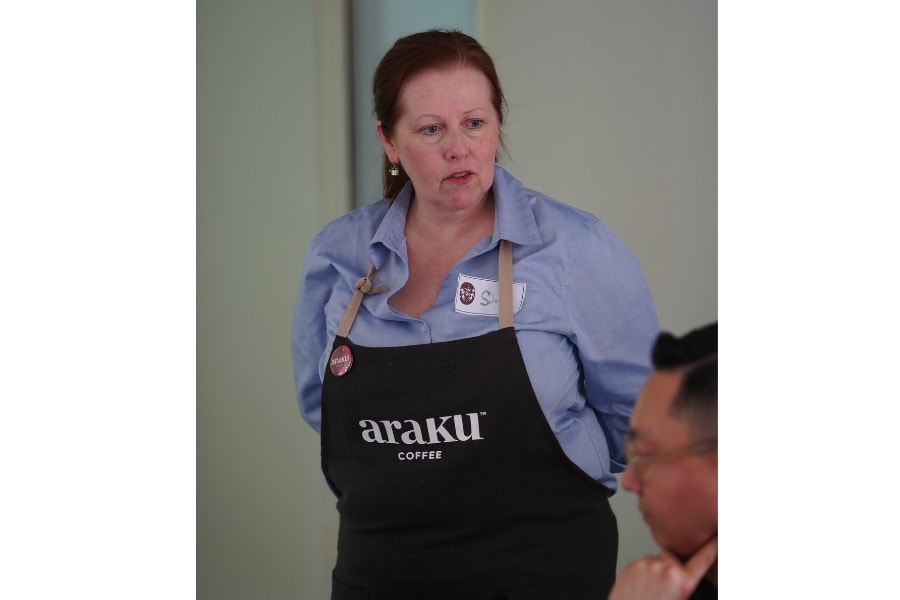
International Coffee Day: What is the future of Indian coffee?
International coffee expert Sherri Johns, with more than 40 years of experience across the world, speaks to Forbes India about her journey, and where the country's beans are headed
 Coffee expert Sherri Johns, Head Mentor at Araku Coffee
Coffee expert Sherri Johns, Head Mentor at Araku Coffee
Q. How were you introduced to coffee and what has your journey been like?
My mother brewed coffee at home on a percolator each morning. She would sip it from her favourite mug, while I had a bottle in my high chair, as we both watched I Love Lucy, a popular American television show. It was a real treat for me as a kid to go to coffee shops, even though I never drank any until I was a university student.
I began with cappuccinos in San Francisco's North Beach and brewing French press single-origin coffee for my study group, and eventually landed a job at the campus coffee bar, to my delight. The journey had just begun.
_20220316022208_102x77.jpg)




